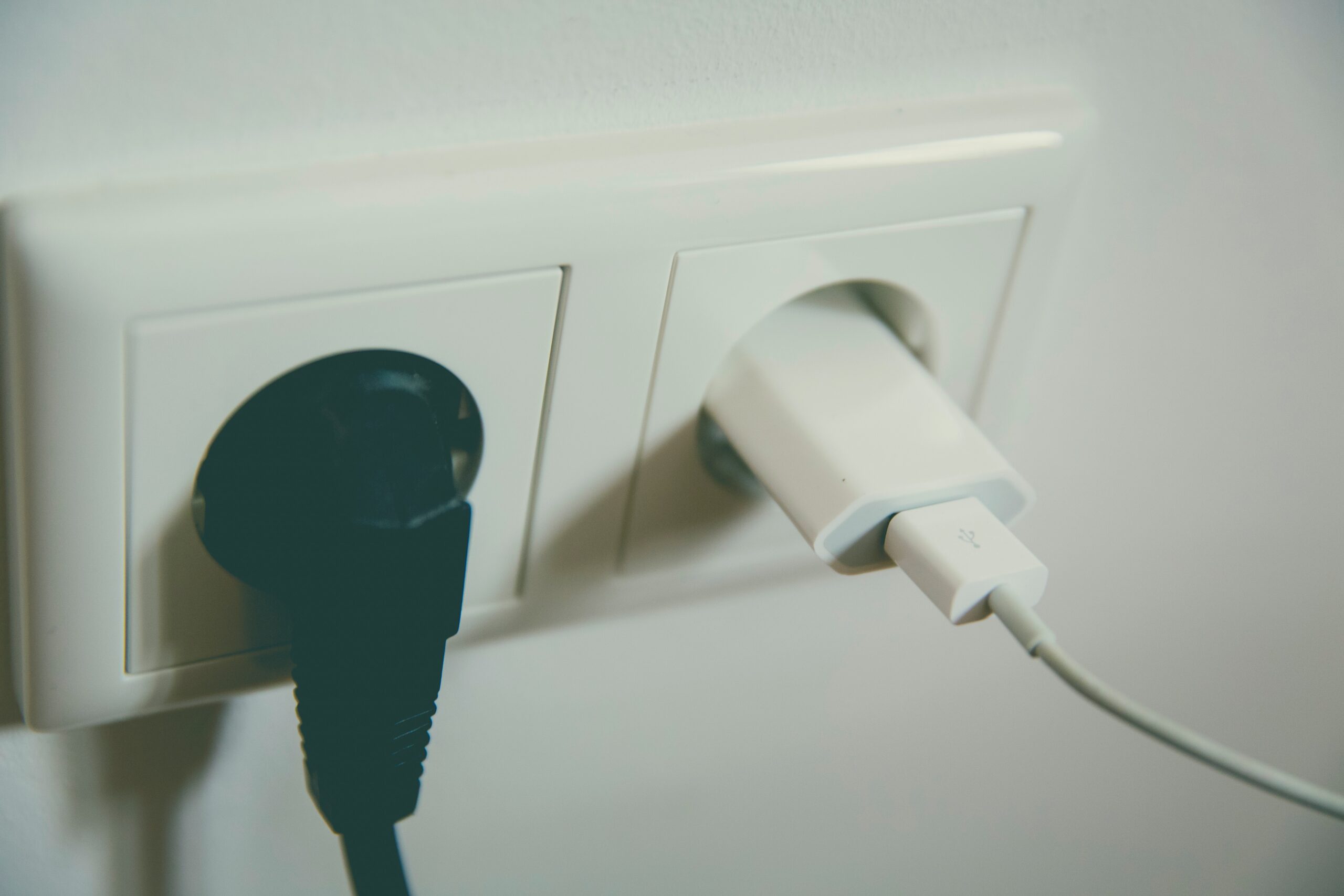
A power surge can do more damage to your home than you may realize. Besides damaging electronic devices and appliances, power surges can cause damage to breaker boxes and wiring, which can lead to a fire. Most people associate power surges with lightning strikes, but power surges occur in your home quite regularly. In fact, your home can experience up to 20 power surges a day.
What is a Power Surge?
A power surge occurs when the normal voltage of 120 increases to over 169 volts. While lightning strikes do contribute to power surges, most power surges occur when appliances cycle off. Major appliances use a lot of power when they’re running, and after they complete their cycle and shut off, the power surges back into your home.
The Importance of Professional Electrical Repairs
Keeping appliances, circuit breakers, and electrical wiring in good repair will go a long way in protecting your home from power surges. Electrical repairs should only be handled by a professional. Attempting to repair a breaker box, large appliance, or wiring DIY is dangerous and could lead to fire or more significant electrical damage if the repairs are not done correctly.
How to Protect Your Home From a Power Surge
You can’t stop a power surge from happening, but you can protect your home, appliances, and electronics from the damage a power surge can cause. Here are a few ways to protect your home from power surges.
Install Surge Protectors
You can protect your expensive electronic devices from power surges by plugging them into power strips with built-in surge protectors. You can also add surge protectors to each of your outlets for additional protection.
An electrician can install a surge protection system that will protect your entire house from a power surge. These whole-house surge protection systems are connected to the service panel in your home. If too much power surges into your house, the system will divert the extra power away from your house through a ground wire.
Watch Your Outlets
When you’re setting up the rooms in your home, a good thing to do is to think out how much power each room will draw. Each room in your home has its own breaker, so make sure not to overload the outlets with too many appliances or devices that use a lot of power. It would be best if you plugged appliances like stoves, refrigerators, and dishwashers into separate outlets.
Power surges can damage and shorten the lifespan of appliances and electronic devices. You should consult an electrician to install large appliances, electrical repairs, and information on optimizing electrical use throughout your home.


